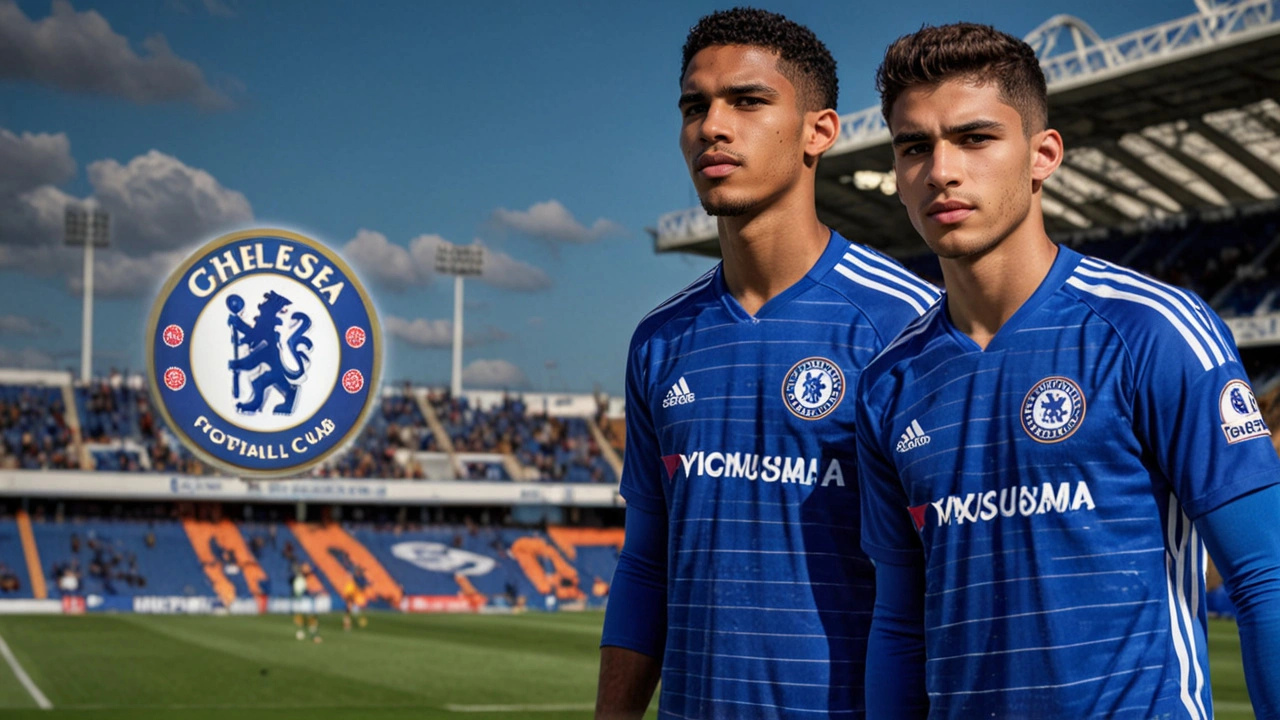Football is meant to bring people together, yet racism keeps rearing its ugly head on and off the pitch. From racist chants in the stands to discrimination against players and officials, this problem affects the sport at all levels. But why does racism still linger in football, and how is the community responding to it?
First off, the history of racism in football isn’t new. Players of color have faced abuse for decades, but recent years have seen more awareness and action. Many clubs and leagues now run anti-racism campaigns, urging fans to report racist behavior and showing zero tolerance toward offenders. But changing attitudes in stadiums and online spaces takes time and steady pressure.
One big reason is the scale of football’s fanbase worldwide. With millions of fans from different backgrounds, tensions can sometimes flare up, especially during heated matches or when rivalries are intense. Some fans use racism as an outlet to get under the skin of opposing players and fans. Unfortunately, social media has also become a platform where anonymous users spread racial abuse without consequences.
Besides fans, racism can also appear within clubs and governing bodies, subtly or openly. This can hurt players’ careers and mental health, leading to calls for stronger policies and better representation in decision-making roles. For example, when a talented player faces racial slurs or biased treatment, it affects their confidence and performance.
Many players now speak out against racism. Big names have used their platforms to highlight injustice and demand change. Teams support these voices by launching educational programs and anti-racism initiatives. Fans also play a crucial role by creating inclusive environments, blocking abusive supporters, and celebrating diversity.
Leagues have introduced punishments like stadium bans and fines for racist incidents. Campaigns like "Kick It Out" and UEFA’s anti-racism messages work to educate and eliminate discrimination. Yet, true progress requires everyone—players, officials, fans, and media—to keep pushing for respect on and off the field.
Racism in football isn’t just a sport issue—it's a reflection of broader society. The fight against it shows we can enjoy football without hate. By standing united, the beautiful game can live up to its name and include everyone equally.
